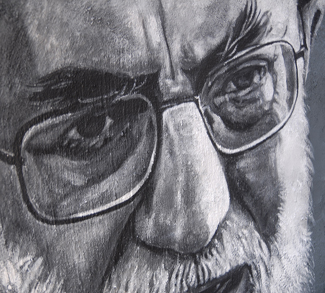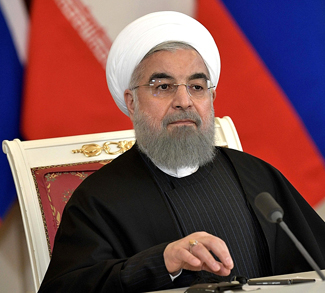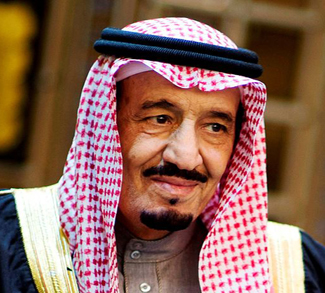Americans concerned, if not outraged, by the Iranian nuclear agreement, see in Supreme Leader Khamenei’s unchanged attitude toward the United States evidence of its failure and of the Islamic Republic’s perpetuation of bad faith. As agreed in Vienna in July, Iran will curb its nuclear program for at least ten years in exchange for the lifting of Western economic sanctions. But critics present speeches by Ayatollah Khamenei on the Iran nuclear deal, delivered as he holds an AK-47 rifle, defying American policy in the Middle East, sprinkled with chants of “Death to America” and “Death to Israel,” as evidence that Iran is not serious about pursuing an Iranian version of glasnost – in Persian, goshayesh. The problem, of course, is much more complex than that. Just as conservatives in the United States are worried about a sanction-free Iran, conservatives in Iran, championed by Khamenei’s parliamentary factions and the Revolutionary Guards, or ‘Sepah,’ mistrust the United States. More significantly, they fear falling into political irrelevance, facing a fate little better than the Communists of the old Soviet Union. Indeed, while Tehran is now freer to pursue its regional and international goals, eroding Saudi influence and Israeli power by changing the dynamics in Syria, Lebanon, Iraq or Yemen, the preservers of the Islamic Republic’s ideology, ‘velayat-e faqih’ (the rule of the Islamic jurisconsult – i.e. rule of the ayatollahs) are far more preoccupied by Iran’s internal dynamics.
‘Death to America’ in the Age of Goshayesh: Iran’s Internal Struggle to Accept the Nuclear Deal




